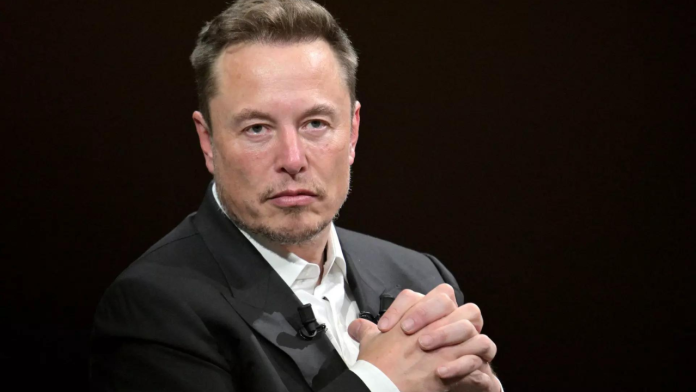By K Raveendran
The opponents of EVMs in India seem to have found a new poster boy in Elon Musk, touting his views on eliminating EVMs as a rallying cry. But the anti-EVM campaigners would do well to ponder if they are barking up the wrong tree?
Elon Musk, the enigmatic billionaire entrepreneur, has a knack for making headlines, often for both groundbreaking innovations and, well, eyebrow-raising statements. His track record of controversial remarks is as long as his list of ambitious ventures. From calling a British diver involved in the Thai cave rescue a ‘pedo guy’ to tweeting about taking Tesla private at $420 (a number which he claimed was just a joke, of course), Musk has proven time and again that his Twitter feed can be a minefield of surprises.
The infamous April Fool’s joke where Musk quipped about Tesla going bankrupt because of a poor Easter egg sale is a stark reminder. Tesla’s stock price promptly took a nosedive the next day, leaving investors scratching their heads and regulators raising eyebrows. Musk’s relationship with regulators has been eventful, marked by fines and settlements stemming from his cavalier tweets about company plans and performance.
Given this backdrop, one might rightfully question whether Musk is the beacon of wisdom on matters like electoral integrity and technology. Does Musk possess some clandestine knowledge about EVMs that has eluded experts and researchers worldwide? Or are his outbursts merely a reflection of his penchant for stirring the pot and revelling in the ensuing gruel?
The opponents of EVMs in India would do well to heed these questions. Citing Musk as a voice of authority on this matter is akin to asking a race car driver for gourmet cooking tips—it might make for entertaining conversation, but it’s hardly the path to culinary excellence. His views on EVMs are about as relevant as his thoughts on medieval art conservation—interesting, perhaps, but hardly authoritative. It takes more than a few colourful tweets and sporadic proclamations to dismantle a system that has been rigorously scrutinized and refined over decades.
EVM detractors would be spoiling their case by getting swayed by the whims of a tech mogul whose expertise lies in rocketry, not ballots. The integrity of Indian democracy deserves a more grounded approach—one rooted in evidence, expertise, and a healthy dose of scepticism towards viral pronouncements.
The 2024 Lok Sabha election results serve as a powerful rebuttal to the persistent claims that EVMs can be tampered with to favour the ruling party. Despite this power over the EVM, the BJP failed to secure a majority for itself. This outcome directly contradicts any insinuation that EVMs were manipulated. In fact, the BJP has to rely on uneasy coalition partners and allies to form the government, further underscoring the competitive and unpredictable nature of Indian elections.
One of the key factors that reinforces the integrity of EVMs in India is their design and operational protocols. EVMs used in Indian elections are standalone units that are not connected to the internet or any external network. This isolation significantly reduces the risk of remote hacking or tampering from external sources.
Each EVM is a standalone device with built-in security features, including tamper detection mechanisms, encryption, and robust physical security measures during storage and transportation. Sceptics who went to town against the Election Commission of India are only now asking these questions; only after the enigmatic Elon Musk added his feeble voice to theirs against the integrity of the innocent EVM.
That the Election Commission of India (ECI) has implemented stringent protocols and multiple layers of verification to ensure the security and reliability of EVMs was forgotten in the myriad of accusations targeting the integrity of the Modi government. Before the elections, political parties and candidates are given opportunities to inspect and verify the machines. During voting and counting, representatives from different political parties are present to oversee the process, adding transparency and accountability.
The decentralized and meticulous approach to managing EVMs in India ensures that electoral integrity is upheld at every stage of the electoral process. Any allegations of tampering or malpractice are subject to scrutiny and investigation by independent authorities and election observers. The robustness of the system has been reaffirmed in the latest elections, where the diversity of outcomes across different states and constituencies underscores the free and fair conduct of the electoral process. (IPA Service)


